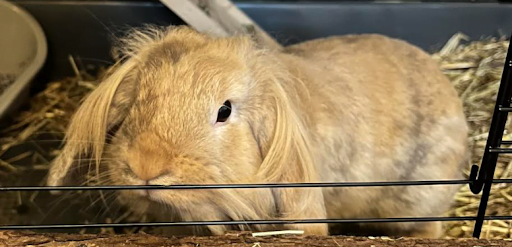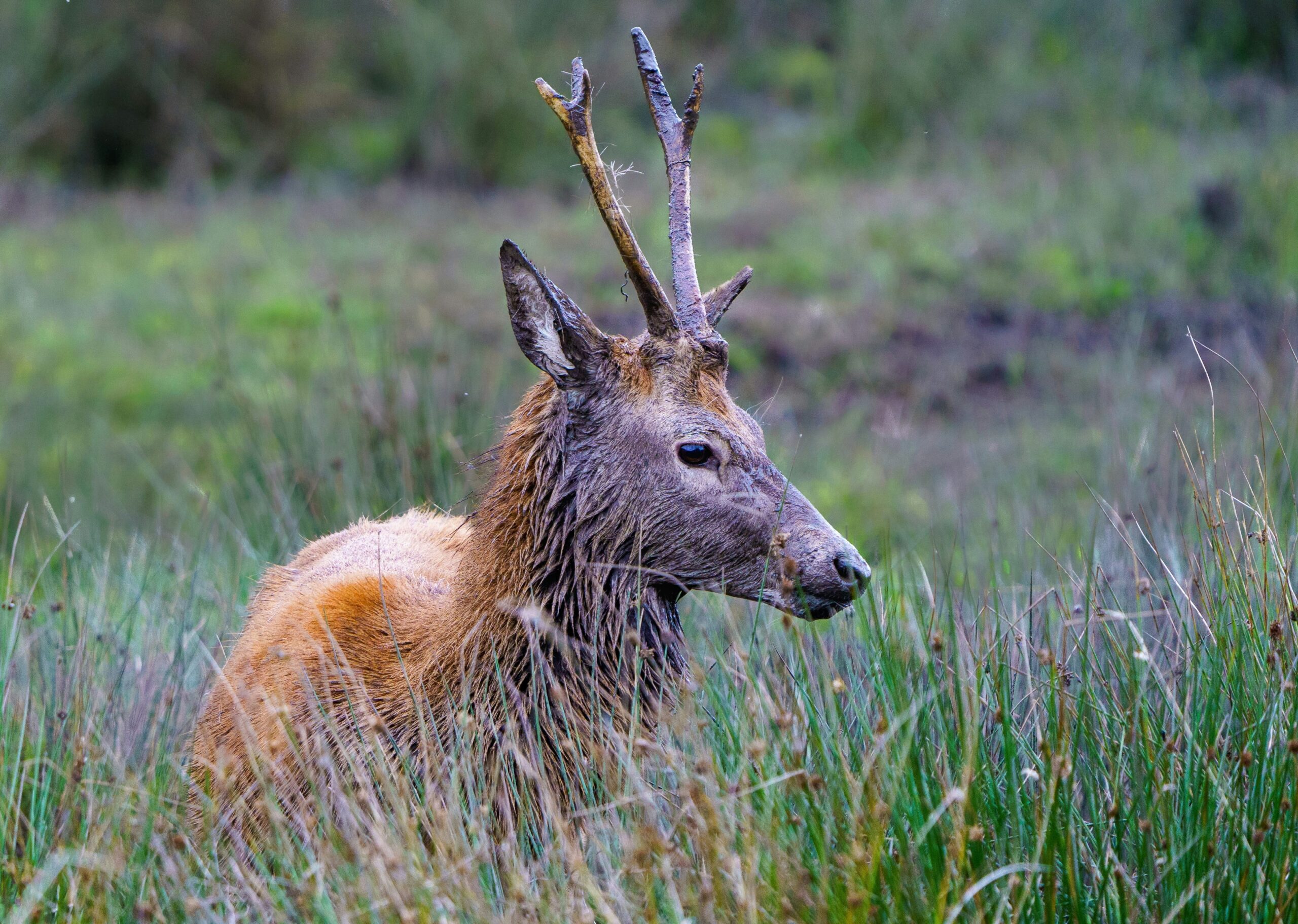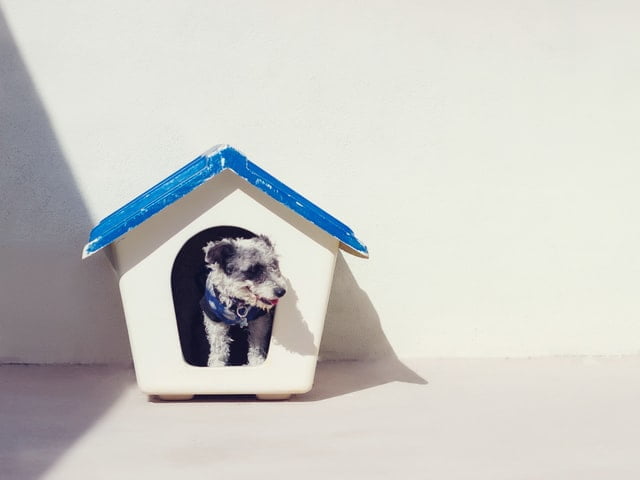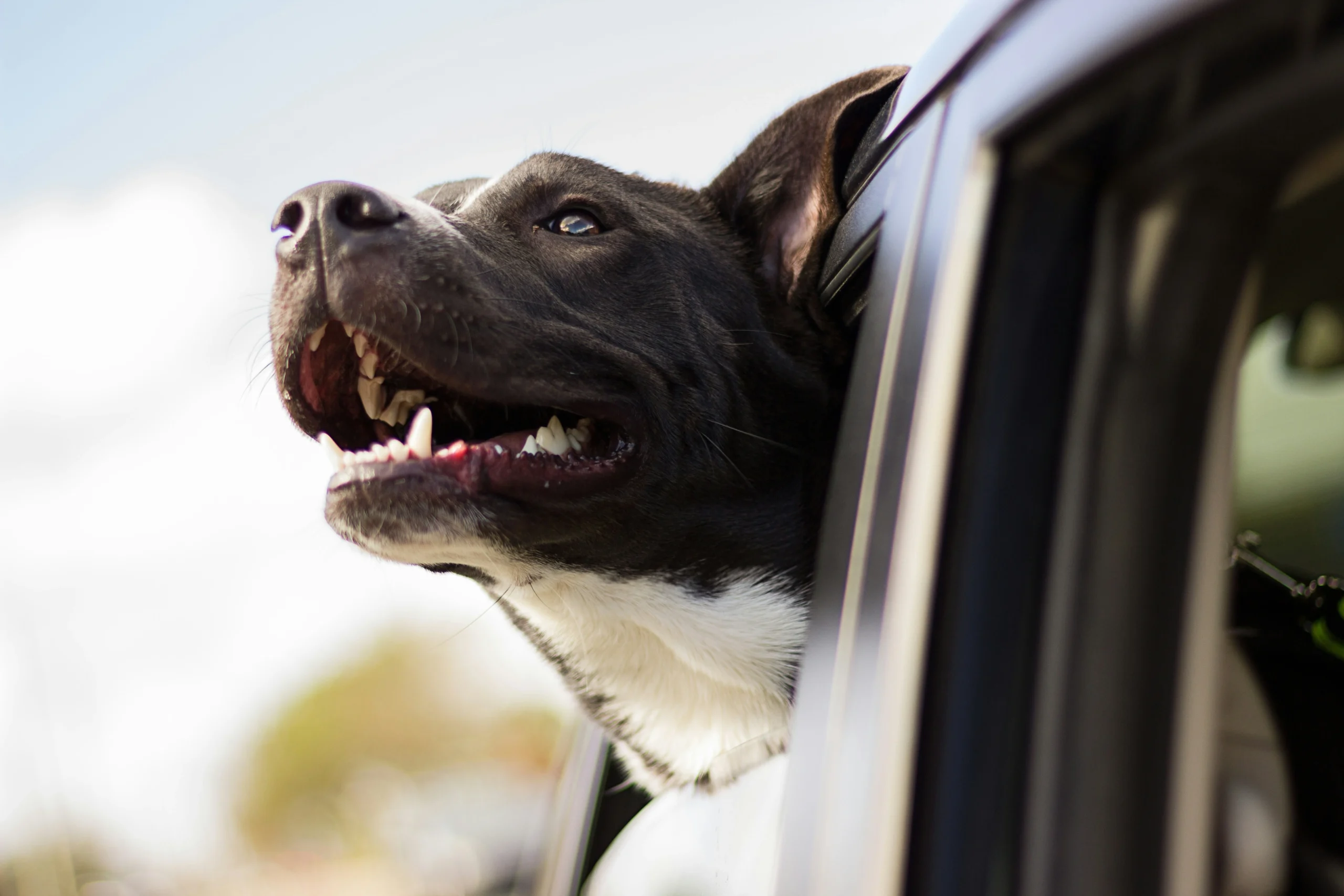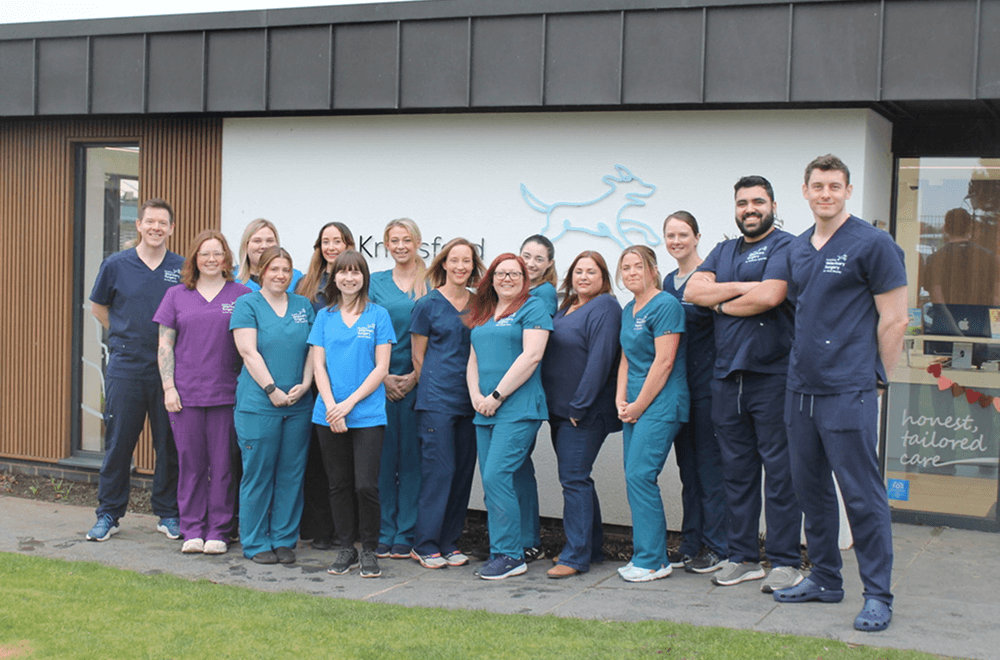When I first arrived here at Knutsford Veterinary Surgery we had a stray rabbit found in an open field nearby that was looking for a new home. Poppy was initially nicknamed ‘houdini’ in the practice due to his escaping abilities. One of our lovely clients heard about our stray and opted to offer him a new home.
We have since seen Poppy a few times over the course of the summer as he has had a couple of occasions where his behaviour became quieter, he was not moving around and he was showing a reduction in appetite and not passing faeces. This sort of behaviour can be generalised in rabbits to a syndrome called gut stasis.
This can be likened to a form of colic and in a rabbit it can be triggered by something as simple as a change of food to as serious as a blockage within the guts. However, in cases where we get repeated bouts we start looking for an underlying cause. Some of the most common causes can be due to abnormal dentition or pain. Poppy responded well to pain relief initially but had a repeated bout a few weeks later. After discussion with his owner we opted to book him in for a general anaesthetic and investigations to include x-rays of his teeth and tummy. Whilst under his anaesthetic we planned to castrate him as well as his behaviour could sometimes be quite grumpy.
So D-day arrived for Poppy to have his surgery. He came with a full belly as we want to make sure our rabbits keep eating up till their surgery as we are aiming to get them eating as soon as we can after the anaesthetic. We were able to examine Poppy thoroughly under sedation. It turned out that his dental x-rays proved that Poppy actually had normal teeth. Rabbit teeth are different to our cat and dog dentals in that the teeth are constantly erupting throughout their lifetime so we can end up in situations where the molar crowns can wear abnormally or the roots can overgrow and actually push backwards into bone around the teeth. Dental assessment works best with physical examination and x-rays of the teeth.
The x-rays of Poppy’s abdomen were again unremarkable and so we proceeded to his full anaesthetic and surgery to castrate him. On preparing Poppy for surgery he was found to have an abnormal testicle that was smaller, more knobbly and not particularly mobile. We proceeded with the surgery and Poppy recovered nicely from his anaesthetic looking for his favourite kale within a couple of hours and resisting the attempts to supplement his feeding. Poppy is now back at home recovering nicely. We believe that potentially Poppy was suffering from pain associated with his abnormal testicle and we are monitoring his teeth over time.

